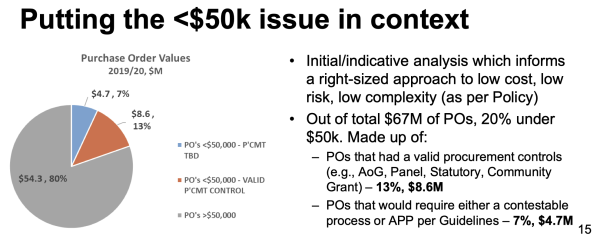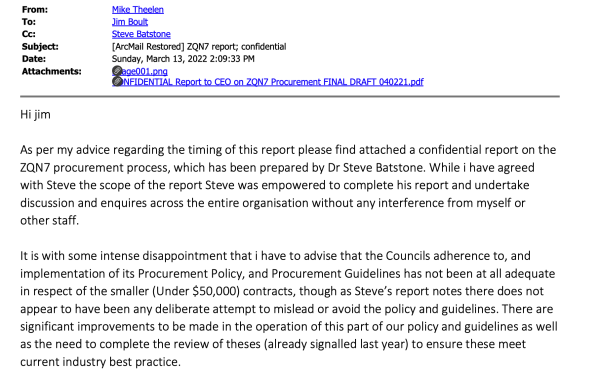Pressure on CEO Theelen as Ombudsman recommends “missing” QLDC emails be disclosed

Analysis
A six-month investigation by the Chief Ombudsman has found that the Queenstown Lakes District Council is not entitled to withhold key financial information from Crux and has also told council managers to find emails that the council claims “don’t exist.”
The investigation centres on official information responses from QLDC after Crux discovered over $10 million of non-compliant payments between 2016 and 2020, including $600,000 to consultants ZQN 7 Ltd to review three local bylaws.
The key people behind ZQN7 are both former QLDC managers.
The non-compliant payments were to suppliers and consultants that the council said were budgeted at under $50,000, a spending limit that council staff wrongly claimed was exempt from financial rules that require a competitive bid process or a special procurement plan.
Crux also discovered that in the case of ZQN7 the claimed $50,000 procurement limit had been “navigated” by splitting the $600,000 total payments into 13 different instalments. This practice is explicitly forbidden by both the QLDC’s own rules and those of the Auditor General.
An internal investigation by QLDC revealed, after a year of council managers denying there was any non-compliance, that the by-passing of spending rules was widespread and affected over $4.7 million of spending in just one year – 2019 – 2020.
The $4.7 million was 7% of the council’s annual $67 million of external purchase orders, meaning that the non-compliant total over five years is likely to exceed $15 million.

The QLDC's own investigation into the procurement scandal attempted to downplay the significance of the 12 month non-compliant spend of $4.7 million by highlighting a total spend of $67 million.
Source: QLDC Procurement Review - Council Workshop - February 15, 2021.
The council adopted their first ever spending, or procurement, rules in 2016 under then chief executive Adam Feeley, the former Serious Fraud Office CEO . However, Crux has discovered that the rules were then deliberately ignored or circumvented, even after the appointment of the first QLDC procurement manager in 2018.
That manager, Geoff Mayman, appeared to advise senior QLDC managers to ignore the spending rules even six months after Crux publicly highlighted the problem in early 2020. In one email obtained by Crux, Mr Mayman advises a manager to follow “business as usual” in hiring a consultant instead of following the 2016 spending rules.
Whether Mr Mayman was following instructions from higher up in the council, is why access, in the public interest, to the QLDC internal emails is so important.
Crux believes that if the emails suggest CEO Mike Theelen knew about the widespread non-compliant payments to consultants, or was part of a plan throughout 2020 by senior council staff to mislead Crux by saying that the payments were compliant and accuse Crux of false reporting, he should resign immediately.
Eventually Mr Theelen was forced in early 2021 to admit to mayor Jim Boult with "some intense disappointment", but not to Crux, that the council’s own spending rules had been consistently broken over a five-year period.

This email from CEO Mike Theelen to then mayor Jim Boult in early 2021 (the date shown is the official information disclosure date - not the email date) admits widespread non-compliance on consultant spending after 12 months of denials to Crux.
The Ombudsman has also recommended QLDC reveal how much the council spent on Christchurch lawyers in a planned legal attack on Crux, a strategy that never went ahead.
A deadline of January 24 has been given to the council to comply with the Chief Ombudsman’s recommendations.
Mr Bosher says that many of the reasons the QLDC used to withhold information from Crux are not legally valid and that a claim that some emails “don’t exist” is not credible as the council deliberately used very limited search techniques and also failed to search the email records of senior council managers.

























